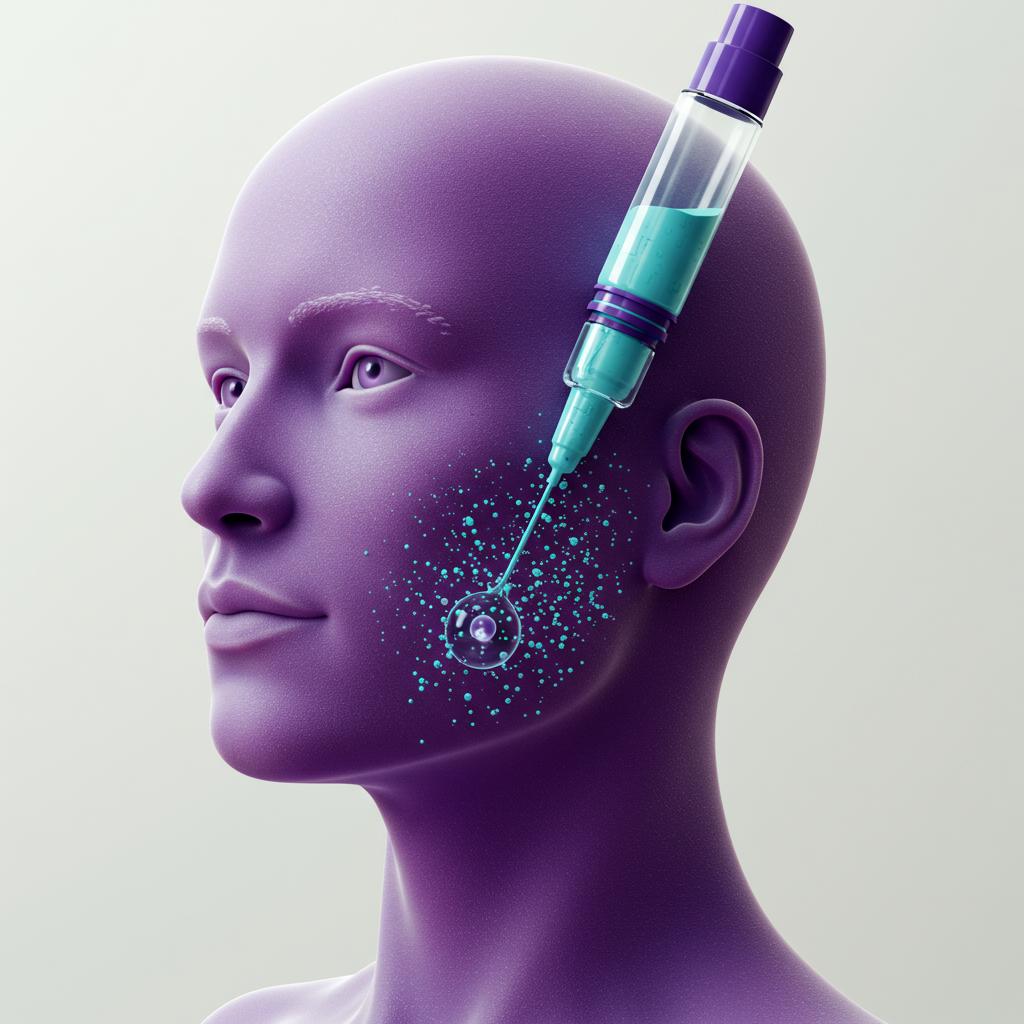
Ever feel like the fleeting relief of antidepressants is a constant uphill battle? You’re not alone. Traditional antidepressants can take weeks or even months to fully kick in, and for some, they may not provide sufficient relief at all. Ketamine has emerged as a promising alternative, offering rapid antidepressant effects, sometimes within hours. However, the need for repeated doses to maintain these benefits introduces the risk of unwanted side effects, putting us back at square one. Wouldn’t it be incredible if we could prolong ketamine’s positive effects from just a single dose?
Recent research has explored precisely this possibility. Scientists are delving into the intricate mechanisms by which ketamine works its magic in the brain, focusing on the connections between nerve cells called synapses. One key area of interest is the CA3-CA1 synapse in a region of the brain called the hippocampus, crucial for learning and memory. Ketamine seems to strengthen these connections, a process known as synaptic potentiation, and this boost is thought to be a core reason behind its antidepressant action.
So, how do we make this boost last longer? The research points towards a fascinating interaction involving enzymes within our brain cells. One such enzyme, called extracellular signal-regulated kinase (ERK), plays a vital role in cell growth and survival, and it appears to be involved in ketamine’s effects. By temporarily increasing ERK activity, scientists discovered they could amplify the synaptic potentiation induced by ketamine. This was achieved by inhibiting another enzyme, dual-specificity phosphatase 6 (DUSP6), which normally keeps ERK activity in check.
Think of it like this: ERK is the accelerator pedal for the positive effects of ketamine, and DUSP6 is the brake. By easing up on the brake (inhibiting DUSP6), we allow ERK to push the accelerator further, strengthening the synaptic connections and prolonging the antidepressant effect.
Here’s a breakdown of the key findings:
- Ketamine strengthens specific brain connections: The study highlights the role of CA3-CA1 synapses in the hippocampus as a key target for ketamine’s action.
- Boosting a key enzyme prolongs the effect: Increasing ERK activity enhances and extends ketamine’s impact on these synapses.
- Inhibiting DUSP6 is the key: By blocking DUSP6, the “brake” on ERK, researchers could sustain the antidepressant effects of a single ketamine dose for up to two months in animal models.
- TrkB receptors are essential: A specific receptor, called tropomyosin receptor kinase B (TrkB), is crucial for this whole process to work. When TrkB was removed from excitatory neurons in the brain, the positive effects of DUSP6 inhibition disappeared.
These findings offer exciting possibilities for the future of depression treatment. Imagine receiving a single dose of ketamine, and experiencing sustained relief for weeks or even months, without the need for repeated treatments and the associated risks. While more research is needed to translate these findings into effective therapies for humans, this study provides valuable insights into the underlying mechanisms of ketamine’s action and paves the way for developing novel strategies to extend its therapeutic benefits. This could be a game-changer for individuals struggling with depression, offering hope for longer-lasting relief and a brighter future.
